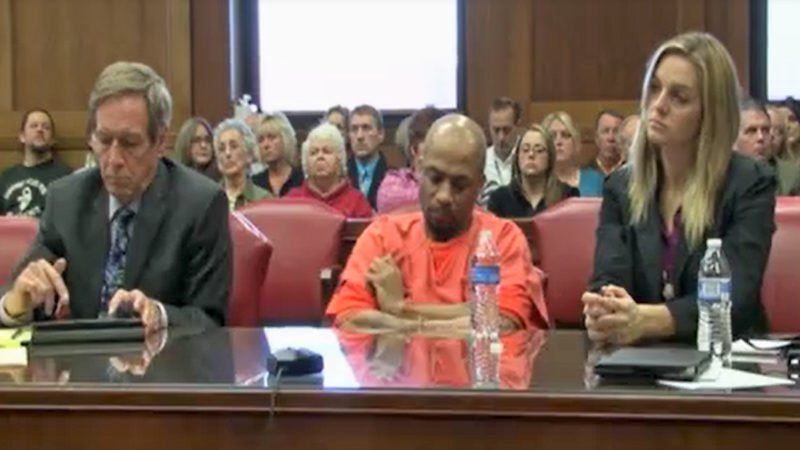Habeas Corpus
In some cases, a defendant may be able to challenge their imprisonment by filing a writ of habeas corpus. If a writ of habeas corpus is granted, the defendant may be able to change the conditions of their incarceration, qualify for a reduced sentence and/or even be released from custody. In many cases, the court will schedule an evidentiary hearing before it rules on the writ of habeas corpus. During this hearing, the government and the defendant will be able to present evidence for review.
Habeas corpus claims present some of the most complex procedural issues of any criminal litigation. Issues can only overcome procedural default in a federal habeas corpus claim when they have been raised in every step of your direct appeal and rejected by the state’s highest court. In fancy legal terms, we say that every issue must have been “procedurally exhausted.” Additionally, the claims you raised must allege that the state unreasonably applied the facts in your case or failed to follow a firmly established United States Supreme Court precedent.
Please contact The Law Office of Kimberly Kendall Corral for information about Habeas Corpus representation.










